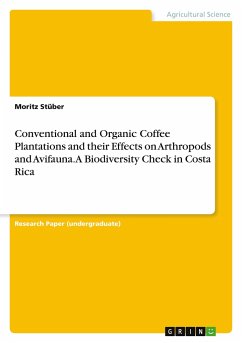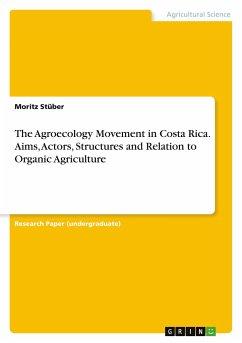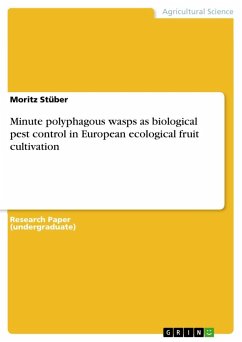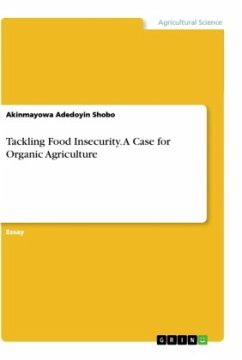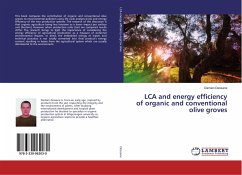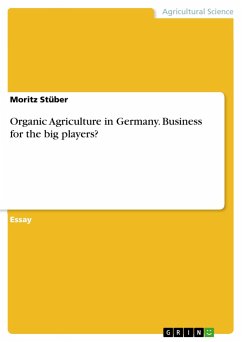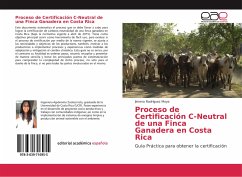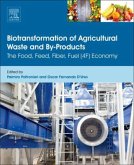Research Paper (undergraduate) from the year 2018 in the subject Agrarian Studies, grade: 1,7, University of Hohenheim (Zentrum Ökologischer Landbau Universität Hohenheim), language: English, abstract: When it comes to ecological measures and sustainability, Costa Rica (CR) is one of the most developed countries in Latin America. During the past two years CR was able to be nearly 100% eco-power self-sufficient. Moreover it is planning to be the first country worldwide to prohibit disposable plastic and one of the organic pioneers in the region. Organic food export and people's ecologic awareness have been rising. As the biodiversity in CR is one of the highest worldwide, the country's nature protection strategy is a topic to focus on and worth to be studied. Latin American studies on organic management as a tool for biodiversity conservation are rare. Organic Agriculture (OA), as written in the IFOAM 1972, always committed to the conservation of biodiversity. There were only few attempts to include biodiversity conservation into the existing organic standards and guidelines. First in 2005, biodiversity conservation, as part of the draft "Biodiversity and Landscape Standards" was mentioned and integrated into the IFOAM Basic Standards.In CR, one of the principal promoters of OA is the CEDECO (Educative Corporation of Development in Costa Rica). Their research often focused on arthropods since many species are known to be biological indicators of an ecosystem's health status. Exemplary insects of their studies are butterflies or dung beetles. Many birds are insect-/ omnivorous, thus directly linked to arthropod abundance. Organic coffee plantations in CR are tried to be integrated into nature (agroforestry), which results in a different habitat than the conventional ones. Instead of shrub-sized coffee plants, there is a sudden interaction with the canopy and a more diverse shrub-layer. In the following report, the focus will be laid on species that experienced a success story but also those who might not. It will be demonstrated by changes in vegetation, diversity changes above and beneath ground and the way the farmer can profit from each species.
Hinweis: Dieser Artikel kann nur an eine deutsche Lieferadresse ausgeliefert werden.
Hinweis: Dieser Artikel kann nur an eine deutsche Lieferadresse ausgeliefert werden.

